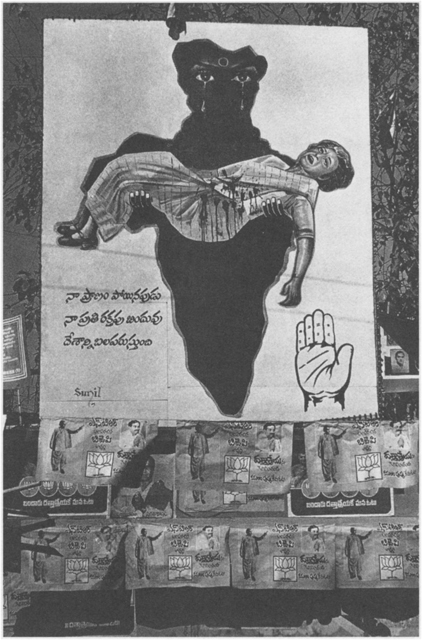- Location
- Municipal Commune of Bourne
- Pronouns
- He/Him
Big British Communist Party List
Basically my POD is a more severe split in the Labour Party between supporters and opponents of WW1, which leads to more OTL Labour people gravitating to the Communist Party.
1916-1922: David Lloyd George (Coalition Liberal)
1918 (National Coupon with Conservatives and Coalition Labour) def.Eamon de Valera (Sinn Fein), H.H. Asquith (Liberal), Philip Snowden / Zelda Kahan ('United Socialist Council'), John Dillon (Irish Parliamentary)
1922-1923: Austen Chamberlain (Coalition Conservative leading National Government with Coalition Liberals and Coalition Labour)
1923-1925: Austen Chamberlain (United Reform)
1923 (Majority) def. H.H. Asquith (Liberal), Zelda Kahan (Communist), Henry Page Coates (National-Conservative)
1925-1927: Winston Churchill (United Reform leading Anti-Strike Government with Liberals and National-Conservatives)
1927-1936: Leo Amery (United Reform)
1928 (Majority) def. David Lloyd George / Albert Inkpin (Constitutional Democracy / British Workers'), numerous Independents
1932 (Majority) def. David Lloyd George (Constitutional Democracy), Johnny Campbell (Communist)
1936-1939: David Lloyd George ('King's Party')
1937 (Majority) def. Harry Pollitt (Communist), Stanley Baldwin ('Coalition of Antis')
1939-1942: Oswald Mosley ('King's Party' majority)
1939 elections suspended until further notice
1942-1943: Dwight D. Eisenhower, as Supreme Commander of Anti-Fascist Forces in the Atlantic
1943-1945: Stanley Baldwin (Independent leading Provisional Government)
1945-0000: Winston Churchill (National Democratic)
1945 (Majority) def. Tom Wintringham (Communist)
Basically my POD is a more severe split in the Labour Party between supporters and opponents of WW1, which leads to more OTL Labour people gravitating to the Communist Party.
1916-1922: David Lloyd George (Coalition Liberal)
1918 (National Coupon with Conservatives and Coalition Labour) def.
1922-1923: Austen Chamberlain (Coalition Conservative leading National Government with Coalition Liberals and Coalition Labour)
1923-1925: Austen Chamberlain (United Reform)
1923 (Majority) def. H.H. Asquith (Liberal), Zelda Kahan (Communist), Henry Page Coates (National-Conservative)
1925-1927: Winston Churchill (United Reform leading Anti-Strike Government with Liberals and National-Conservatives)
1927-1936: Leo Amery (United Reform)
1928 (Majority) def. David Lloyd George / Albert Inkpin (Constitutional Democracy / British Workers'), numerous Independents
1932 (Majority) def. David Lloyd George (Constitutional Democracy), Johnny Campbell (Communist)
1936-1939: David Lloyd George ('King's Party')
1937 (Majority) def. Harry Pollitt (Communist), Stanley Baldwin ('Coalition of Antis')
1939-1942: Oswald Mosley ('King's Party' majority)
1939 elections suspended until further notice
1942-1943: Dwight D. Eisenhower, as Supreme Commander of Anti-Fascist Forces in the Atlantic
1943-1945: Stanley Baldwin (Independent leading Provisional Government)
1945-0000: Winston Churchill (National Democratic)
1945 (Majority) def. Tom Wintringham (Communist)


